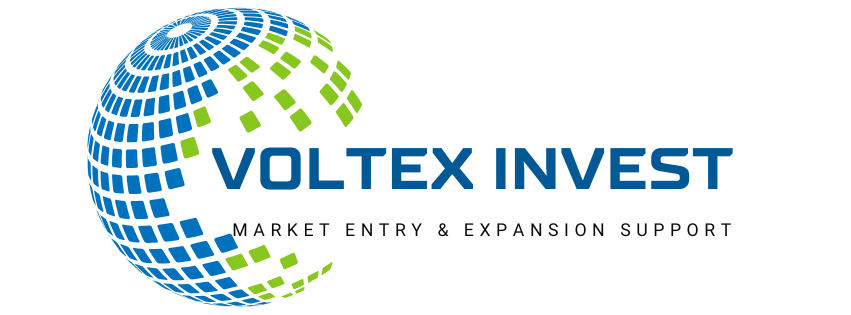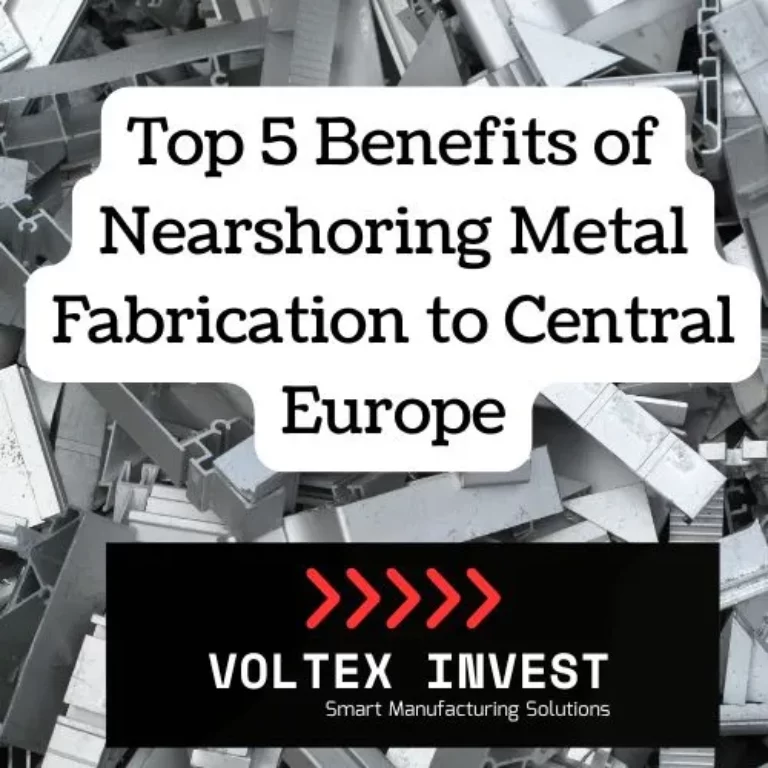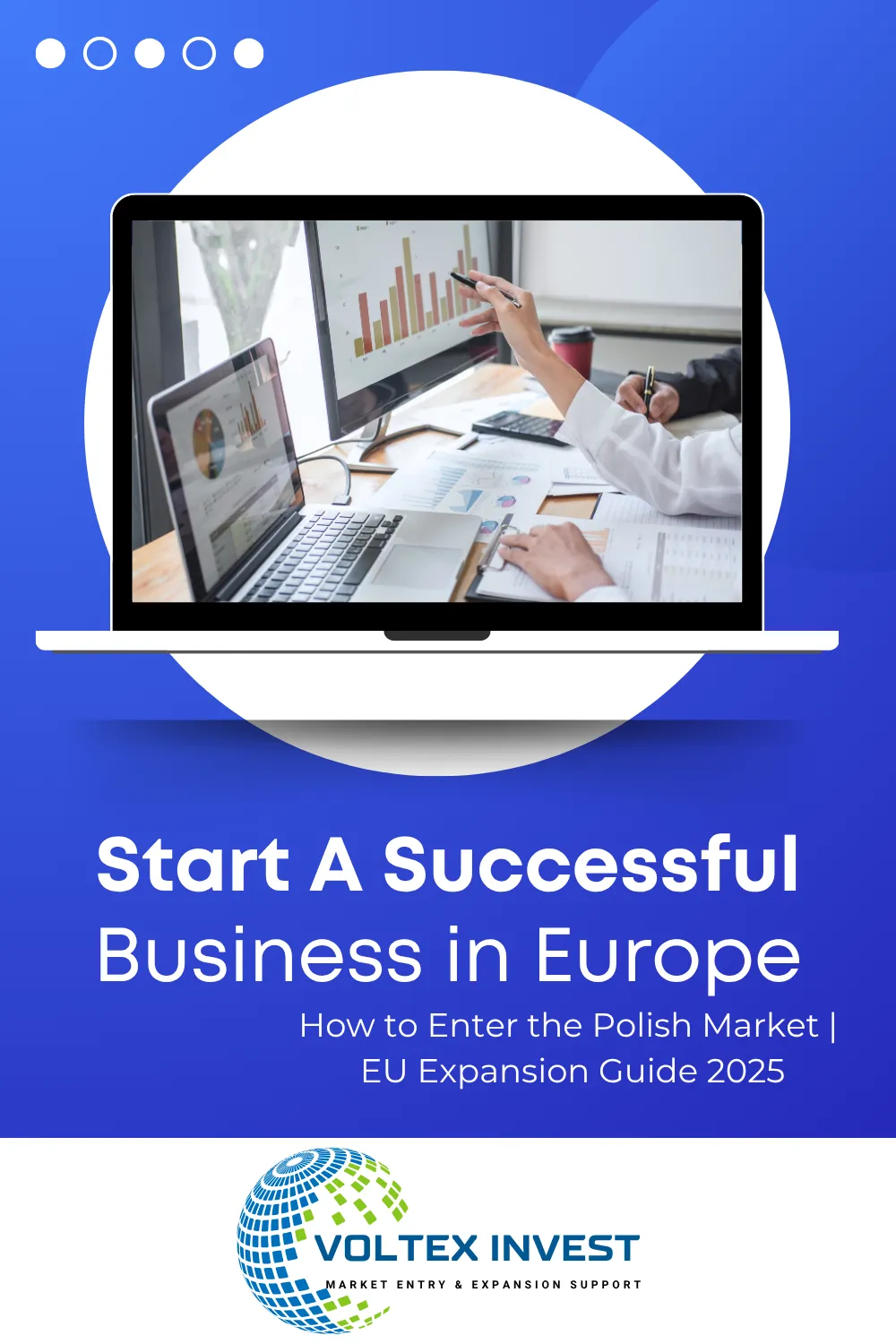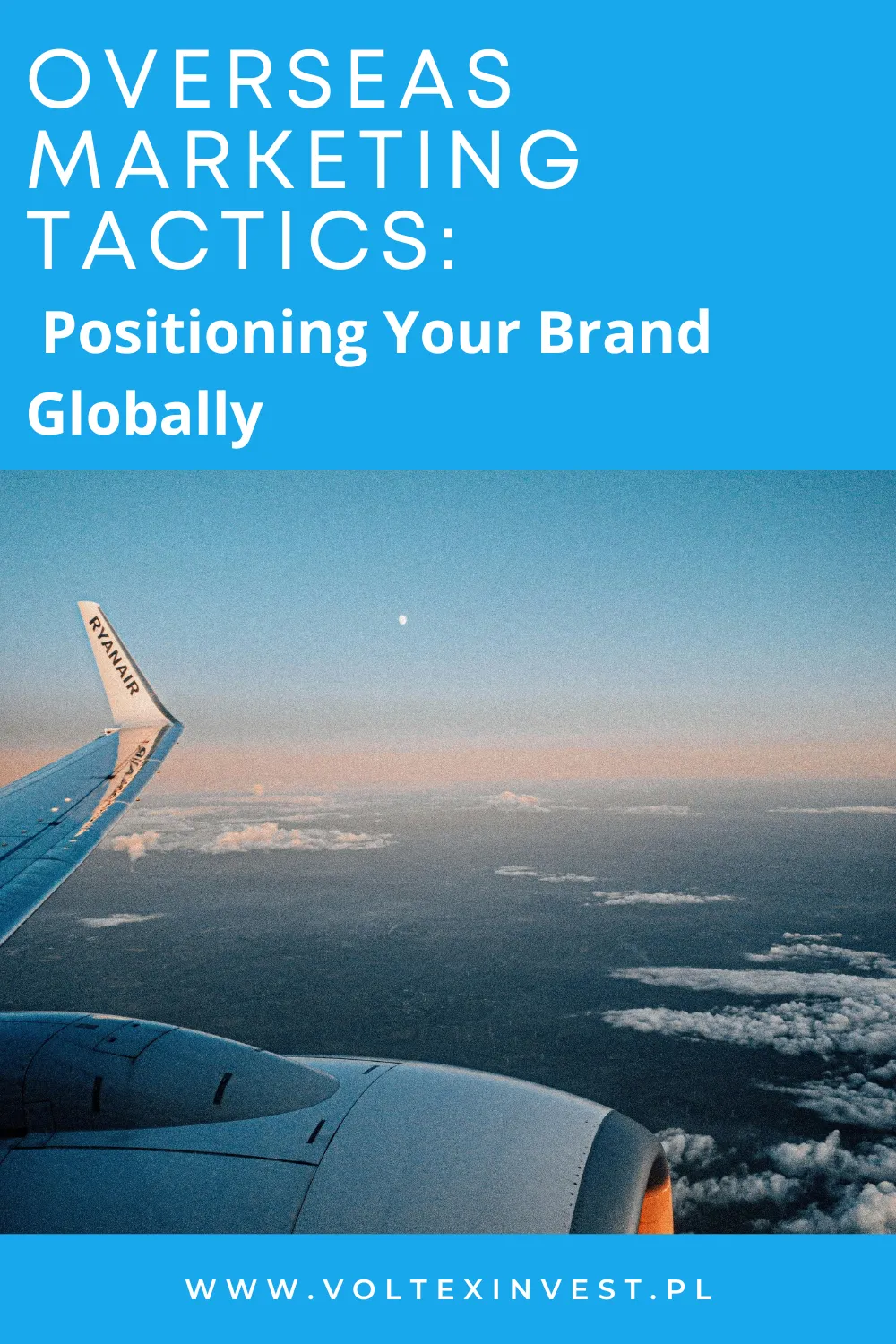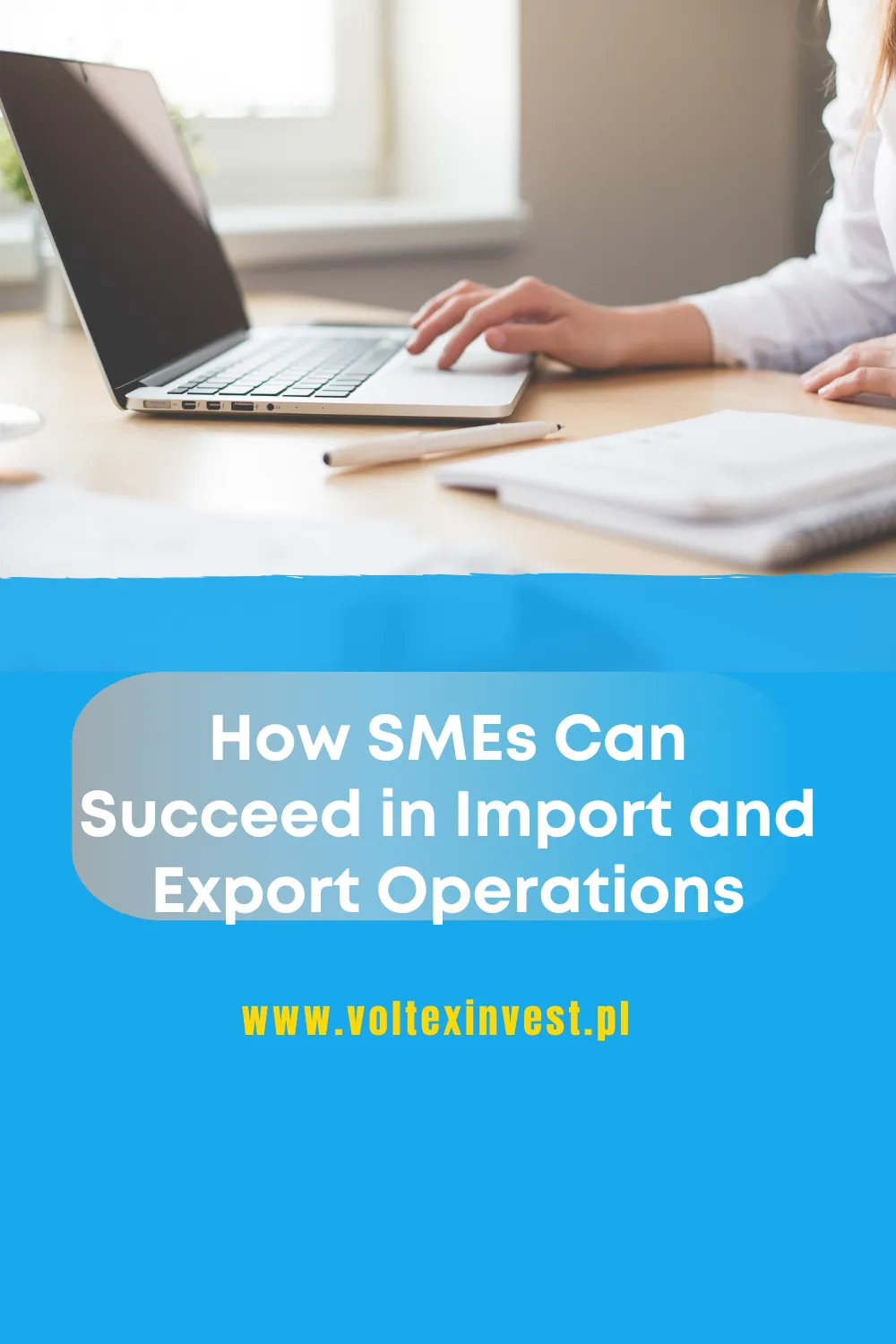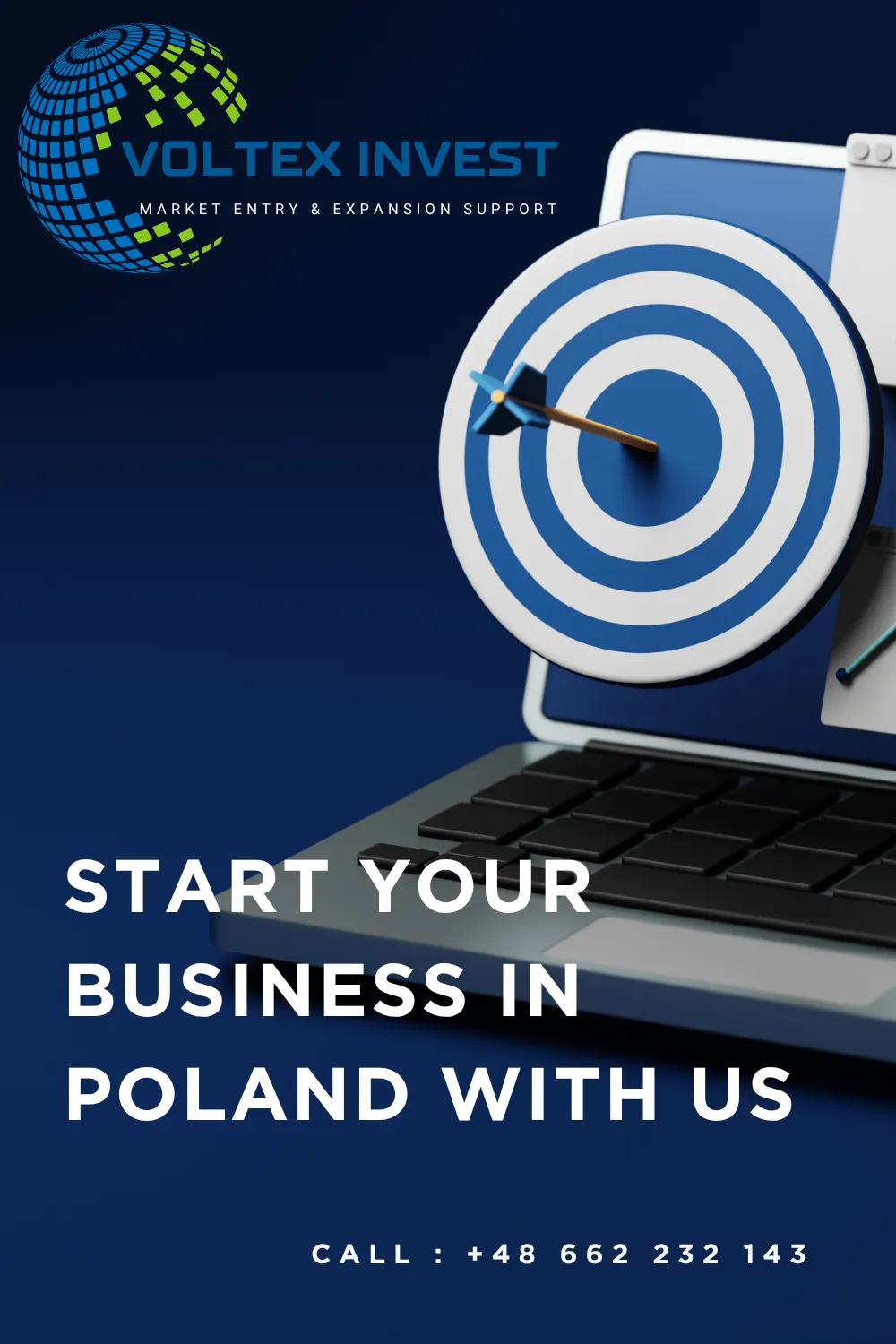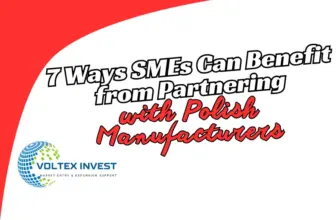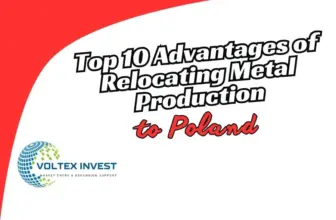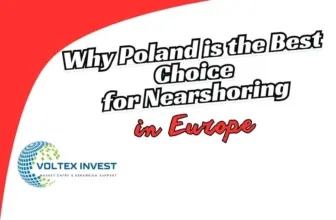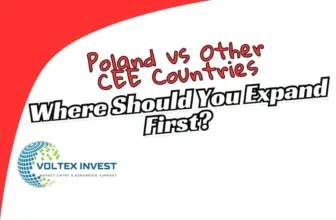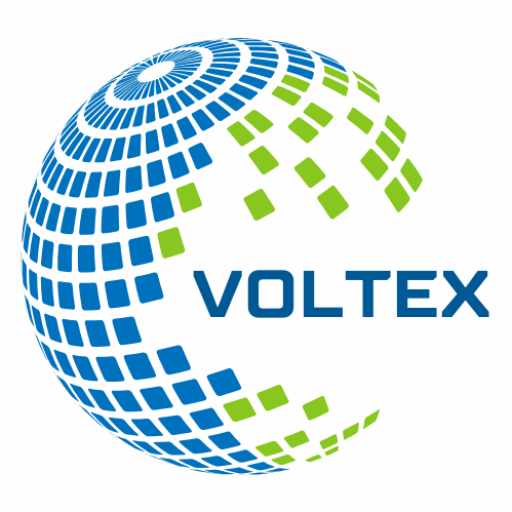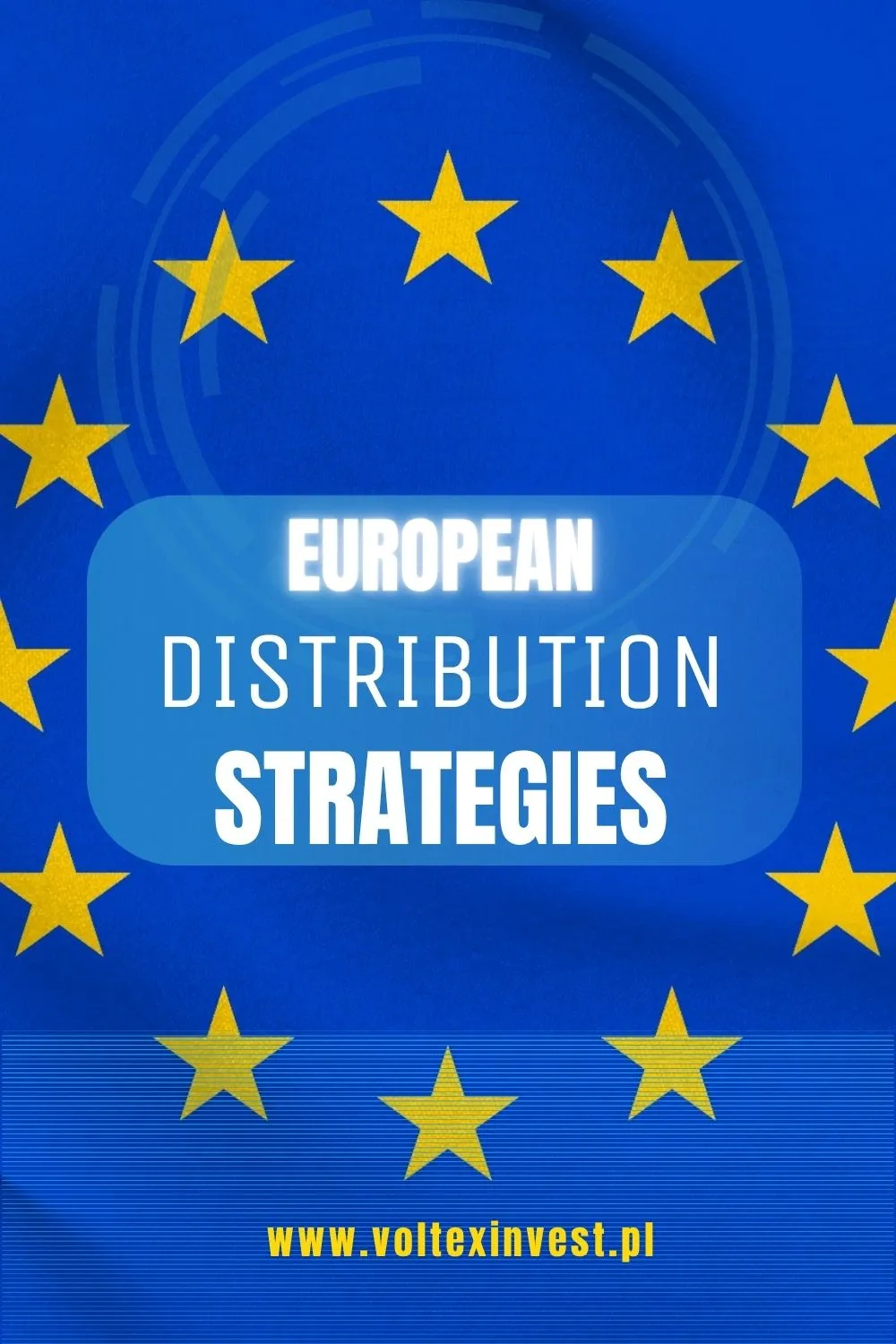
Expanding into the European Union (EU) is a strategic move for any business aiming for sustainable growth, diversified revenue streams, and international recognition. With its 27 member states, over 447 million consumers, and a well-regulated common market, the EU represents one of the most lucrative and dynamic economic zones in the world. However, entering the EU market also comes with complexities—from regulatory compliance and cultural nuances to selecting the right distribution channels.
In this article, we’ll explore effective European distribution strategies, key considerations for entering the EU market, and how companies like Voltex Invest provide valuable support in navigating the international expansion process. We’ll also review major international sales platforms available in Poland, one of the fastest-growing e-commerce markets in Central Europe.
European Distribution Strategies
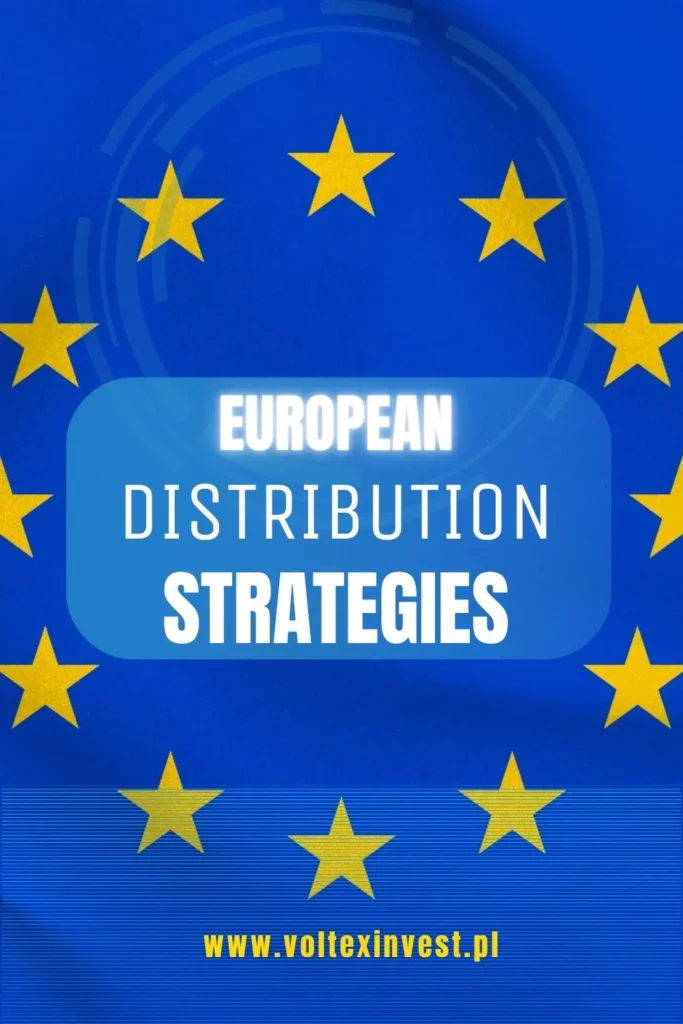
Why Expand to the EU Market?
The European Union offers:
- Market Size: Access to hundreds of millions of consumers.
- Economic Stability: High GDP and consumer purchasing power.
- Unified Regulations: Thanks to the single market, goods can move freely between most EU countries.
- Digital Maturity: High internet penetration and e-commerce adoption.
For businesses aiming to scale, establishing a presence in the EU is not just an option—it’s a strategic necessity.
Key Challenges When Entering the EU Market
Despite its opportunities, the EU is not a one-size-fits-all market. Each member state has its own language, culture, tax system, and consumer behavior. Key challenges include:
- Legal Compliance: Adhering to EU product standards, GDPR, VAT regulations.
- Customs and Tariffs: Especially for companies from outside the EU.
- Localization: Language adaptation, payment methods, and customer service.
- Logistics: Managing shipping, warehousing, and returns efficiently.
This is where a smart distribution strategy and local expertise come into play.
Core Distribution Strategies in Europe
Choosing the right distribution model can make or break your EU expansion. Here are the main strategies:
1. Direct-to-Consumer (DTC)
Selling directly to customers through your own website gives you full control over branding and pricing. However, this model requires substantial investment in:
- EU-friendly website localization
- International payment gateways
- Customer support in multiple languages
- Efficient EU-wide logistics and fulfillment
DTC works best for niche products or brands with strong online presence.
2. Selling via International Marketplaces
This is the most popular and cost-effective entry point into the EU. It allows businesses to:
- Test demand without large upfront investment
- Leverage marketplace infrastructure (payment, logistics, trust)
- Access large volumes of traffic
Top marketplaces that support Polish and EU sellers include:
Amazon Europe
- Operates in countries like Germany, France, Italy, and Spain
- Offers Pan-EU Fulfillment by Amazon (FBA) for warehousing and fast delivery
eBay
- Popular in the UK, Germany, France, and Italy
- Great for second-hand goods, electronics, and collectibles
Allegro
- Poland’s largest e-commerce platform, now open to foreign sellers
- Ideal for accessing the Central European market
Etsy
- Best suited for handmade, vintage, or artistic goods
- Strong user base in the UK, France, and Germany
Zalando
- A fashion-focused platform headquartered in Germany
- Supports multiple EU countries and localized storefronts
Using these platforms provides instant access to millions of consumers, localized payment systems, and built-in marketing tools.
3. Partnering with Distributors or Agents
Working with a local distributor or commercial agent is a common path for manufacturers or wholesalers. This model is advantageous because:
- Distributors understand local regulations and customer preferences
- You gain access to established sales channels
- They often manage warehousing, invoicing, and marketing
However, this may involve giving up some control and sharing margins.
4. Setting Up Local Operations
Establishing a subsidiary or branch office in a strategic EU country (like Germany, Netherlands, or Poland) is the most ambitious path. It provides:
- Total control over operations and branding
- Ability to hire local staff
- Long-term growth potential
This strategy requires significant investment in compliance, HR, and infrastructure.
Why Poland is a Gateway to the EU Market
Poland has become a strategic entry point for many international companies due to:
- Its central location within Europe
- Rapidly growing e-commerce sector (expected to exceed €25 billion by 2026)
- Highly skilled workforce
- Modern logistics infrastructure
- EU membership and eurozone trade access
Platforms like Allegro, Empik Marketplace, Ceneo, and Morele.net dominate the Polish market and are open to international sellers. Many international brands are also leveraging Amazon.pl, which launched in Poland in 2021.
How Voltex Invest Supports International Expansion
Expanding into Europe doesn’t have to be overwhelming. Voltex Invest, a consulting and investment advisory firm, offers end-to-end support for businesses aiming to enter international markets, especially within the European Union.
Here’s how Voltex Invest can assist:
1. Market Entry Strategy
Voltex Invest conducts comprehensive market research to identify:
- The most profitable countries to target
- Industry-specific regulations
- Cultural and operational risks
They help clients select the best distribution model based on business size, product type, and goals.
2. Legal & Compliance Support
From company registration to GDPR and CE certification, Voltex helps clients navigate EU regulatory frameworks, including:
- VAT registration and filings
- Customs documentation
- Product compliance and labeling
3. E-commerce & Platform Integration
Voltex Invest assists with setting up sales channels across international platforms such as:
- Amazon Europe
- Allegro
- eBay EU
- CDiscount (France)
- Otto (Germany)
They handle account creation, listing optimization, and localized marketing.
4. Logistics & Fulfillment Optimization
Voltex partners with EU-based logistics firms and 3PL providers to offer:
- Warehousing in key locations (Germany, Poland, Netherlands)
- Fast shipping options across the EU
- Return handling and customer support
5. Business Development & Investment
Voltex also connects companies with potential local partners, distributors, and investors—helping scale both B2B and B2C operations effectively.
Best Practices for EU Market Entry
To maximize your success when expanding into Europe, follow these proven strategies:
- Start with One or Two Countries
Focus on regions with high demand for your products and fewer regulatory hurdles. - Localize Your Brand
Translate product descriptions, customer service, and advertising to resonate with local audiences. - Understand Local Consumer Behavior
For example, German buyers may value quality and sustainability, while French consumers may focus on style and origin. - Use Data to Iterate
Leverage analytics tools offered by marketplaces and platforms to track what works and adapt quickly. - Choose the Right Partners
Collaborate with firms like Voltex Invest to navigate legal, logistical, and strategic challenges.
Conclusion
Breaking into the EU market is a powerful growth lever for companies around the world. However, success depends on selecting the right distribution strategy, understanding local markets, and complying with a complex regulatory landscape. Whether you’re a DTC brand looking to scale through Amazon or a B2B manufacturer searching for distributors, a structured approach is essential.
With the support of experienced partners like Voltex Invest, businesses can streamline the entry process, reduce risk, and accelerate their path to profitability in Europe.
If you’re ready to expand into the EU market and want expert guidance from a team with real-world experience, contact Voltex Invest today.
Frequently Asked Questions (FAQ)
What are the best ways to distribute products in the EU?
The most effective strategies include selling through international marketplaces like Amazon or Allegro, partnering with local distributors, or setting up a local branch within the EU.
How can I start selling on Amazon in Europe?
You can register for an Amazon Europe seller account and use Fulfillment by Amazon (FBA) to store and ship your products across multiple EU countries.
Is Poland a good starting point for entering the EU market?
Yes. Poland offers a central location, fast-growing e-commerce sector, and platforms like Allegro and Ceneo, making it an ideal entry point into the EU.
Do I need a VAT number to sell in the EU?
Yes. You’ll generally need a VAT registration in one or more EU countries depending on where you store goods and reach sales thresholds.
What platforms are popular for e-commerce in Poland?
Popular platforms include Allegro, Amazon.pl, Ceneo, Empik Marketplace, and Morele.net. These platforms give access to millions of local customers.
Can I enter the EU market without opening a local company?
Yes, through marketplaces or partnerships. However, having a local entity may provide better control, trust, and long-term scalability.
What is Voltex Invest and how can they help?
Voltex Invest is a consultancy that helps businesses expand internationally. They assist with market entry strategies, legal compliance, logistics, and marketplace integration.
How long does it take to start selling in the EU?
Depending on your strategy, it can take a few weeks (using marketplaces) to several months (setting up a company and logistics).
Do I need to translate my product listings for Europe?
Yes. Localization is essential for trust and conversion. Voltex Invest can help with professional translation and market adaptation.
What is the Pan-EU Fulfillment by Amazon (FBA)?
Pan-EU FBA allows you to store products in multiple Amazon warehouses across Europe, enabling faster delivery and local Prime eligibility.
